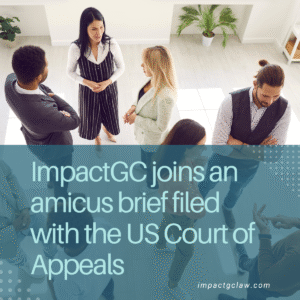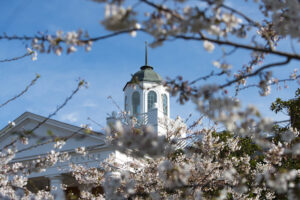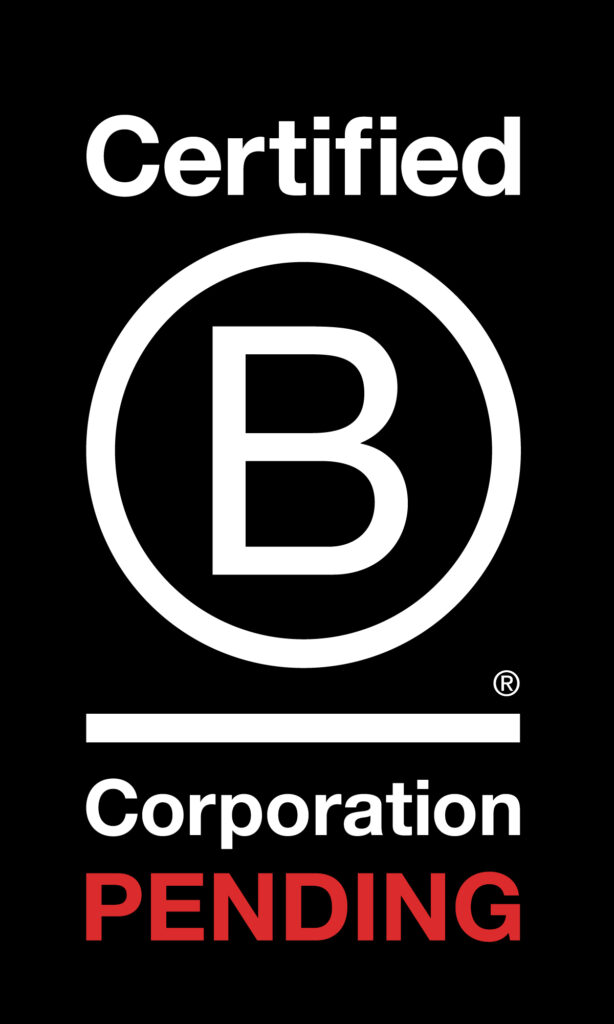As the year draws to a close, it’s time to focus on tying up any compliance loose-ends. One new requirement this year is the filing of a Beneficial Ownership Information (BOI) report with the Financial Crimes Enforcement Network (FinCEN). This requirement stems from the Corporate Transparency Act (CTA), which came into effect in January 2024.
What is the Corporate Transparency Act and the BOI Report?
The CTA is part of a broader effort by the U.S. government to enhance transparency and combat illicit activities such as money laundering and tax evasion. It mandates that, with limited exceptions, corporations, limited liability companies (LLCs), and similar entities file a report with FinCEN identifying the company’s beneficial owners.
Who Are My Company’s Beneficial Owners?
A “beneficial owner” is defined as an individual who directly or indirectly:

📋 Practice tip: Not all members of a company’s board of directors are necessarily beneficial owners; it will depend on whether the director meets any of the criteria above, and thus should be determined on a case-by-case basis.
Do I Need to File a BOI Report?
Any entity that is a “reporting company” under the CTA and does not qualify for any of the statutory exemptions listed in the CTA is required to file. The definition of reporting company is broad:
Domestic reporting company: corporations, limited liability companies (LLCs), and any other entities “created by the filing of a document with a secretary of state or similar office in the U.S.
Foreign reporting company: entities (including corporations and LLCs) formed under the law of a foreign country that have registered to do business in the U.S. by the filing of a document with a secretary of state or any similar office.
Accordingly, if you have a small or mid-sized corporation, LLC, or similar entity, you most likely will need to file a BOI report. There are no exceptions for single-member LLCs, close corporations, or companies with little or no revenue. However, a sole proprietorship or general partnership are not reporting companies unless they were created by filing a document with the secretary of state or similar office.
Exemptions include larger companies with more than 20 employees, more than $5 million in gross receipts, and a physical office in the U.S. (known as “large operating companies”) and regulated entities such as banks, insurance companies, and publicly traded companies. For a full list of exemptions, see FinCEN’s Beneficial Ownership Reporting FAQs.
Here is a quick guide to check if you are a reporting company:

STEP 1:
➡️ IF YOU ANSWERED “NO” TO ALL OF THE ABOVE, YOU ARE NOT A REPORTING COMPANY.
➡️ IF YOU ANSWERED “YES” TO ANY OF THE ABOVE, YOU MAY BE A REPORTING COMPANY AND SHOULD PROCEED TO STEP 2.
STEP 2:

➡️ IF YOU ANSWERED “YES” TO ANY OF THESE, YOU ARE NOT A REPORTING COMPANY.
➡️ IF YOU ANSWERED “NO” TO ALL OF THESE, YOU MAY BE A REPORTING COMPANY.
What Information Do I Need to Report?
The BOI requires 3 sets of information: information about the reporting company, information about each beneficial owner, and, in some cases, information about the company applicant.
Information about the reporting company: You will be required to provide the company’s legal name, any trade names, the current street address of the principal place of business, and jurisdiction of formation. The form also requires you to input the company’s taxpayer identification number (e.g. an EIN or social security number).
📋 Practice Tip: If you are a single-member LLC without an EIN, although you may file your BOI report using the sole member’s social security number (or if the sole member is an entity, the sole member’s EIN), we recommend obtaining an EIN before filing your BOI. We recommend this for 2 main reasons: (1) if you own more than one entity, you could end up with multiple BOI filings using the same security number which can create problems or unwanted scrutiny, and (2) it avoids having your social security number stored on one more database!
Information about the beneficial owners: For each beneficial owner, you will need to include the beneficial owner’s full legal name, date of birth, residential address, and identifying numbers such as a driver’s license or passport number.
📋 Practice Tip: Individuals who do not want to provide their personal information such as a social security number to the reporting company (or to the lawyer or accountant filing the BOI Report on the company’s behalf) can apply for a FinCEN identifier, which a reporting company can then use in its reporting in lieu of the personal information.
Special rules may apply where a beneficial owner holds their ownership interest in the reporting company through multiple exempt entities.
Information on the company applicant: The company applicant is the individual who directly files the document that creates or registers the company. Whether the company applicant needs to be reported will depend on when the company was registered.
Are BOI Reports Public?
No, BOI reports are not public. Certain U.S. agencies will have access to BOI for national security, intelligence, or law enforcement activity. State, local, or tribal law enforcement agencies will only have access to BOI pursuant to court order. The BOI Report is exempt from disclosure under the Freedom of Information Act (FOIA).
When Do I Need to File?
Initial filing. If your company was created or registered to do business before January 1, 2024, the deadline to file your initial BOI report is December 31, 2024. If your business was created or registered any time in 2024, you must file within 90 days of registration being effective. For businesses formed on or after January 1,2025, filing must occur within 30 days of effectiveness of registration.
Failing to file by the deadline can lead to significant penalties, including fines of up to $500 per day, capped at $10,000, and possible imprisonment for willful non-compliance.

Ongoing filings: If there is any change to the required information about your company or its beneficial owners in a BOI report that your company filed, your company must file an updated BOI report no later than 30 days after the date on which the change occurred. Examples of changes include registering a new DBA, a change in beneficial owners, such as a new CEO, a sale that changes who meets the ownership interest threshold of 25 percent, or the death of a beneficial owner.
How Do I File?
You will need to file your BOI electronically at https://boiefiling.fincen.gov/fileboir. You can opt to download a pdf of the form and submit the completed form, or submit your information directly online using the site’s electronic form submission. There is no filing fee.
Where can I find more information about the CTA and the BOI reporting requirements?
FinCEN and the Dept. of Treasury have published various helpful resources available online, including the following:
The Corporate Transparency Act
Beneficial Ownership Reporting
BOI Small Compliance Guide
Beneficial Ownership Reporting FAQs
If you have any questions about BOI reporting under the Corporate Transparency Act, please reach out to Julie Ryan at [email protected]. At Impact GC we offer tailored legal solutions for your growing business.
This article is intended to provide a general overview of the new BOI reporting requirements under the CTA for general informational purposes only, and does not constitute legal advice. It is not a comprehensive summary, and each company should make its own determination and/or consult with legal counsel as to whether it is a reporting company.












